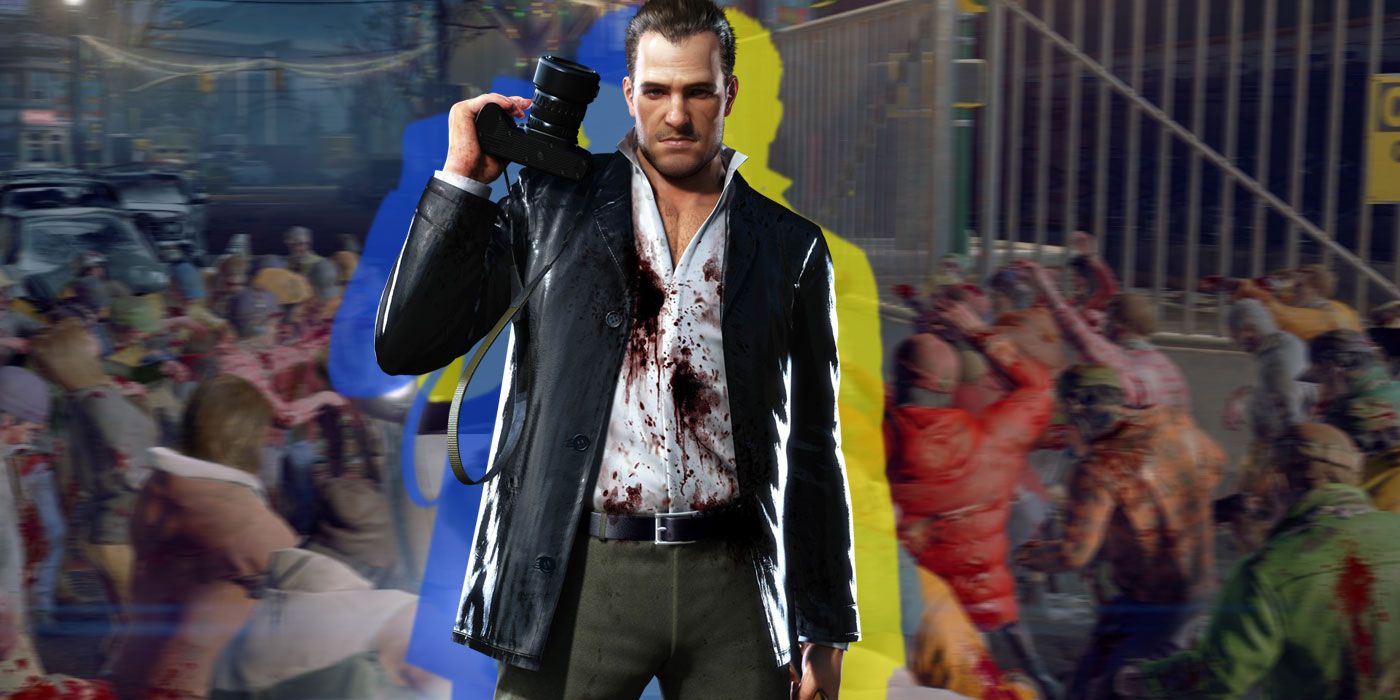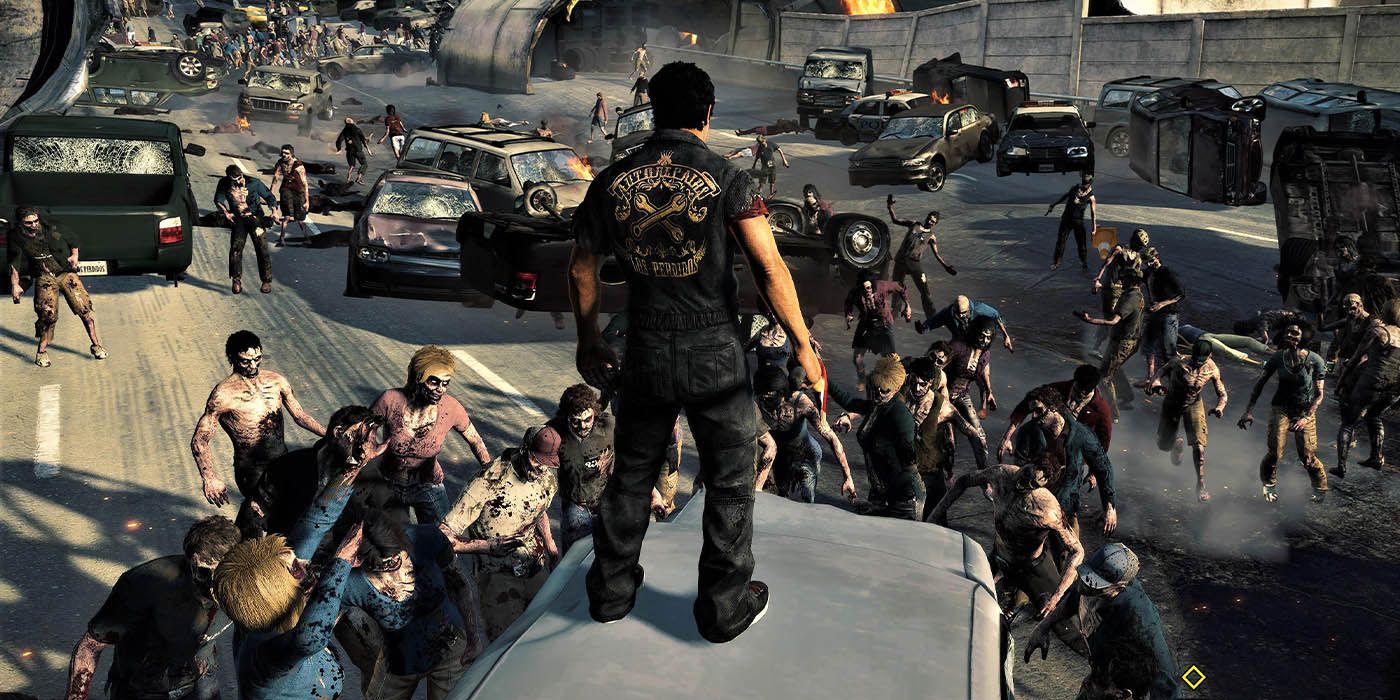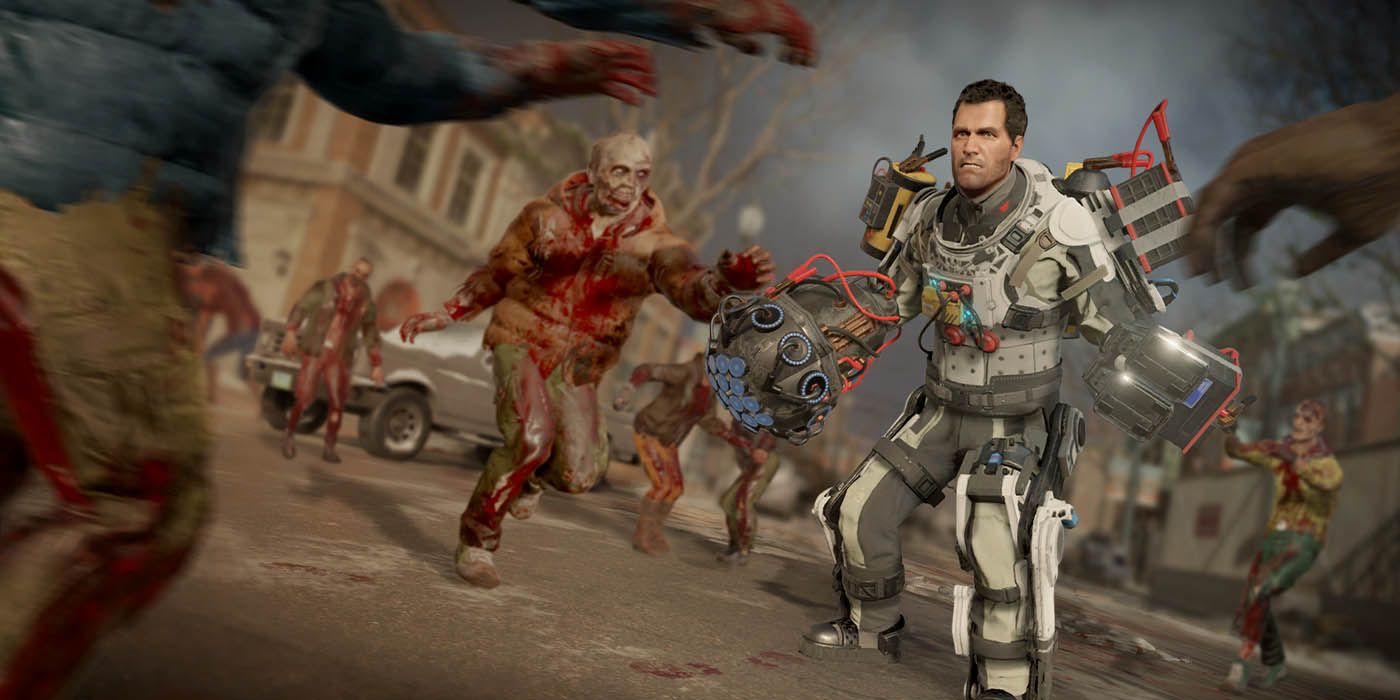Dead Rising was one of the major flagship franchises for Capcom during the seventh console generation. Launching with the Xbox 360, the first Dead Rising was a modest success, beating expectations for many considering it was a very Japanese game launching on a platform that only had traction in the West.
Dead Rising was successful for many reasons, including the amazing "anything you can pick us is a weapon" system, lovable characters, and a mysterious yet campy narrative to tie everything together. When it came time for Dead Rising 2 to release, Capcom was in the middle of their Western experimentation phase. With game sales slowing down in Japan but surging in the West, Capcom licensed out many of their franchises -- including Dead Rising -- to Western developers to capture that market.
While many games under Capcom's Western experimentation phase crashed and burned, Dead Rising 2 proved to be the diamond in the rough. The same mechanics from the first Dead Rising were brought back, but with a new protagonist and a phenomenal weapon crafting system, Dead Rising 2 proved to be the definitive Dead Rising experience for many players, along with the great prequel games that released near it. Dead Rising 2 was a big success, bringing in many new players to the series with its new mechanics and slightly streamlined approach. With Dead Rising 2 seeing both critical and financial success, Blue Castle Games became a definitive Capcom subsidiary by being renamed Capcom Vancouver. Work then started on Dead Rising 3.
Unfortunately, Dead Rising 3 was a sign of what was to come. Dead Rising 2 was a multi-platform release, but Dead Rising 3 was set to be an Xbox One exclusive, being a launch title with the console. While the promise was there for Dead Rising 3 to further iterate on the previously established formulas, Dead Rising 3 stripped out a lot of the personality the previous games were known for. Instead of a bright, colorful mall or casino environment to explore, Dead Rising 3 opened up further with a full city to explore, yet stripped away a lot of the personality by toning down the colors to an extreme extent and honing in on racial and gender stereotypes for its villains. While combo weapons and a plucky personality were still present in Dead Rising 3, it was apparent that a lot of the charm was lost in the leap to the next console generation. The release of Dead Rising 4 only compounded this issue.
Many players didn't connect with Dead Rising 3's protagonist nearly as much as Capcom had hoped, which led to Dead Rising 4 bringing back the original protagonist of the series: Frank West. Sadly, Frank's original voice actor T.J. Rotolo was not asked to return; Capcom opted to hire a new actor, later revealed to be Supernatural and Planet of the Apes star Ty Olson. Many were sad not to see Rotolo return since his voice was full of personality and helped break Frank's character from the standard of otherwise bland, white male protagonists. Frank's new iteration did not help buck this trend, removing a lot of his vocal charms to become more of a boring character that was trying to be Frank West but failing miserably. Frank's new, cocky personality was further compounded with clunkier gameplay, a story that didn't feel finished, blander enemies, non-existent boss battles, and poor technical performance.
Needless to say, Dead Rising 4 failed to capture the interest of many people, scoring bad ratings and worse sales. Even in an attempt to sell additional DLC to recoup costs and release a "definitive edition" on PlayStation 4, Dead Rising 4 was the nail in the coffin for both Capcom Vancouver and Dead Rising a series. This tragedy didn't have to happen, though, since Dead Rising is still regarded as a great series by its fans, and Frank West regularly sees appearances in other Capcom titles such as Marvel vs. Capcom.
Recently, Capcom has seen a lot of success with the Resident Evil franchise. Rebooting the series in a way with Resident Evil 7 and the soon to be released Village, as well as the success of both Resident Evil 2 and 3 remakes. Capcom understands what it takes to make a polished, well-put-together zombie game, so it's possible Dead Rising could come back better than ever. Potentially remaking the first Dead Rising with better controls and higher graphical fidelity could mark a safe bet for a return to form. Keeping the countdown timer but introducing new mechanics to the first game could easily pique the interests of long-time fans and potentially new ones.
After proving that Capcom can still understand the magic behind Dead Rising, new entries retaining the formula but containing the streamlined nature of Dead Rising 2 could be a winning strategy to win over fans. There's a fine balance that needs to be kept between the seriousness and campy nature of Dead Rising, though, something that wasn't properly nailed since Dead Rising 2, and it might prove difficult to achieve. Nevertheless, Capcom learned that returning to their roots is what can really make the magic happen, seeing massive success with their recent releases that harken back to their lineage, instead of their outsourcing and Westernizing schemes that went horribly wrong.



